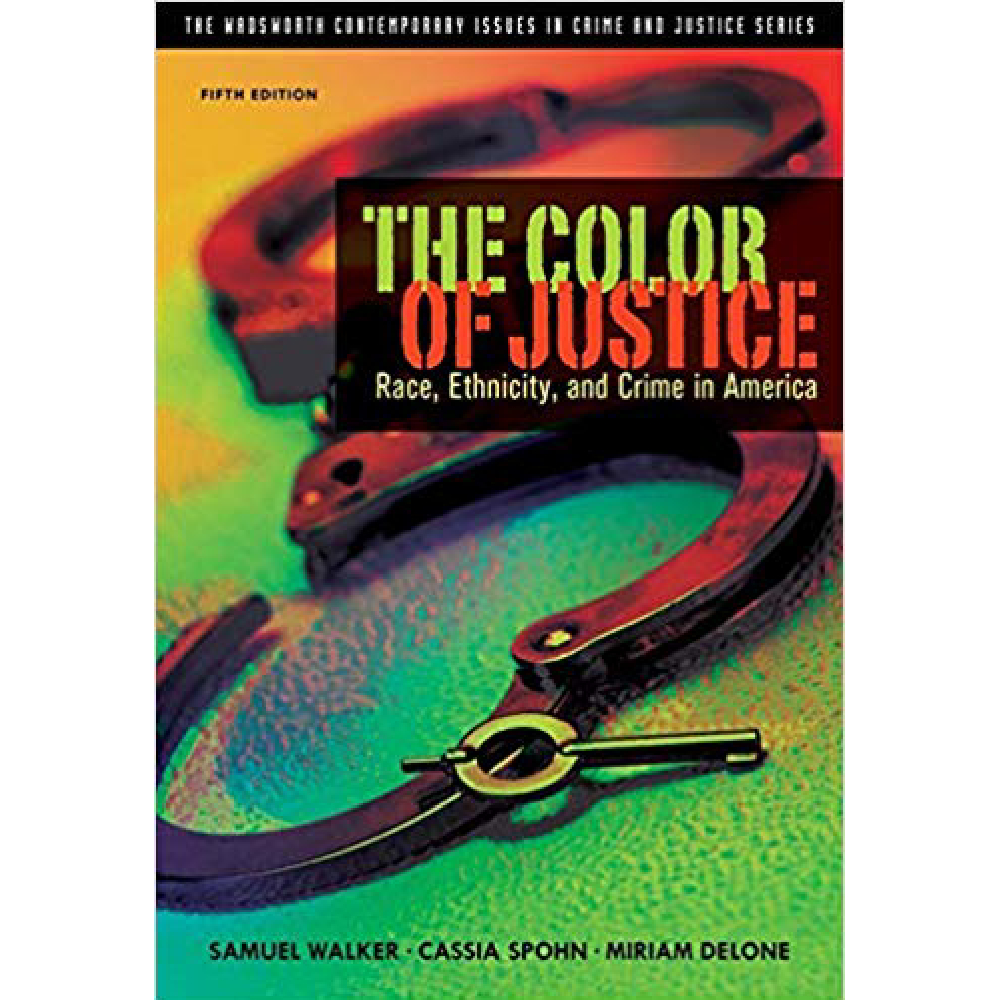CHAPTER 10 TEST BANK
Minority Youth and Crime: Minority Youth in Court
Multiple Choice
10.1 Information concerning the racial and ethnic trends in victimization for juveniles is:
a. scarce. c. inaccurate.
b. plentiful. d. Answers b and c are correct.
ANS: A
REF: 445
LO: 1
10.2 The NCVS defines juvenile as youth aged:
a. 12 to 18. c. 10 to 18.
b. 12 to 17. d. 10 to 17.
ANS: B
REF: 445
LO: 1
10.3 The juvenile justice system was designed to be more concerned about rehabilitation than:
a. punishment. c. deterrence.
b. retribution. d. incapacitation
ANS: B
REF: 461
LO: 3
10.4 The number of juveniles arrested declined _____ percent between 1994 and 2003.
a. 75 c. 18
b. 100 d. 32
ANS: C
REF: 475
LO: 1
10.5 The number of juveniles arrested increased _____ percent between 1985 and 1994.
a. 75 c. 18
b. 100 d. 32
ANS: B
REF: 475
LO: 1
10.6 Among __________, juvenile property crime victimization rates do not vary significantly from adult victimization rates.
a. African Americans c. Native Americans
b. Hispanics d. whites
ANS: B
REF: 445
LO: 1
10.7 The Office of Juvenile Justice and Delinquency Prevention report “Juvenile Victims of Property Crime,” stated that ________ juveniles had been the victim of a property crime.
a. one of every eight c. one of every six
b. two of every eight d. two of every seven
ANS: C
REF: 445
LO: 1
10.8 In general, __________ crime victimization rates are higher for younger age groups than for older age groups.
a. violent c. sexual
b. property d. all
ANS: D
REF: 446
LO: 1
10.9 Data on __________ victimization rates broken down by age, gender, and race reveal that young African American males are particularly at risk.
a. violent c. sexual
b. property d. all
ANS: A
REF: 446
LO: 1
10.10 Data on homicide offenders reveal that roughly _____ percent of all homicides are committed by offenders known to the victim.
a. 65 c. 50
b. 35 d. 77
ANS: C
REF: 454
LO: 1













Reviews
There are no reviews yet.